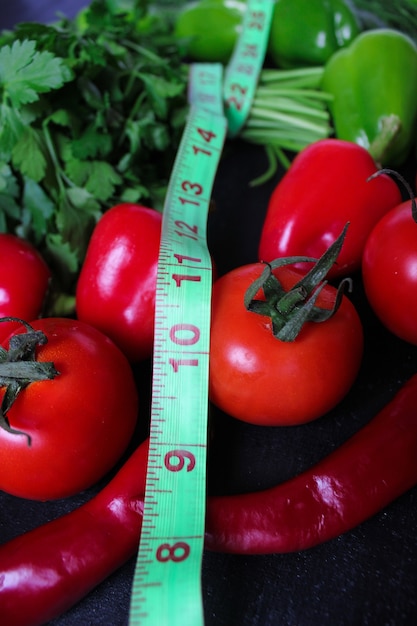
If you’re looking to lose weight, you might think counting calories and eating less is the way to go, right? Well, not exactly, according to Terry Fairclough, a personal trainer and co-founder of Your Body Programme. As a trainer, I’ve come across many different opinions on the best diet for weight loss. People often wonder if they should count calories, eat low-fat, low-carb, or high-protein diets, or maybe even try fasting or eating small, frequent meals.
While a big calorie deficit can lead to weight loss, it doesn’t always result in fat loss, which is usually the main goal. The common Western diet is bigger than it needs to be, so a slight calorie deficit might help if you’re overeating. However, many think that eating a lot less is the only way to slim down, but that’s not the case.
When you eat, your body turns carbohydrates into glucose, which fuels your cells. If you don’t use this glucose right away, it’s stored as glycogen in your muscles and liver, linked with water molecules. When you cut calories, you’re mostly losing stored carbs and water, not fat. With prolonged calorie cutting, your body might hold on to fat and start breaking down protein instead.
Protein is essential since it helps burn fat while you’re resting. To effectively lose fat, you need to eat enough calories that include fats, carbs, and proteins. Contrary to what many think, fats are crucial for energy since they provide more than twice the energy of carbs or proteins.
Drastically cutting calories and nutrients makes you prone to deficiencies, affecting systems such as the immune and digestive systems, leading to health issues like fatigue, malnutrition, and hormonal imbalances. Stress from calorie restriction raises cortisol levels, which might cause weight loss initially but eventually leads to fat gain by slowing metabolism and increasing fat storage.
Under eating can also impact digestion and nutrient absorption, affecting your training and weight loss results. It can disrupt sleep, which is vital for detoxification, immunity, and productivity, and can lead to weight gain. Competitive bodybuilders do restrict calories to get lean but must eventually adjust to prevent health issues.
On the whole, it’s vital to eat the right amount of calories and nutrients based on your body type, goals, and lifestyle. Your Body Programme can help you determine your calorie needs.
Eating enough fuels you to stay healthy and maintain an active metabolism. Increasing calories wisely can actually assist in fat loss, so ensure your diet includes lean proteins like chicken and fish, healthy carbs like fruit and whole grains, and fats like avocados and nuts.
Terry Fairclough emphasizes this balanced approach, supporting people in their fitness journeys without unnecessary calorie restrictions.